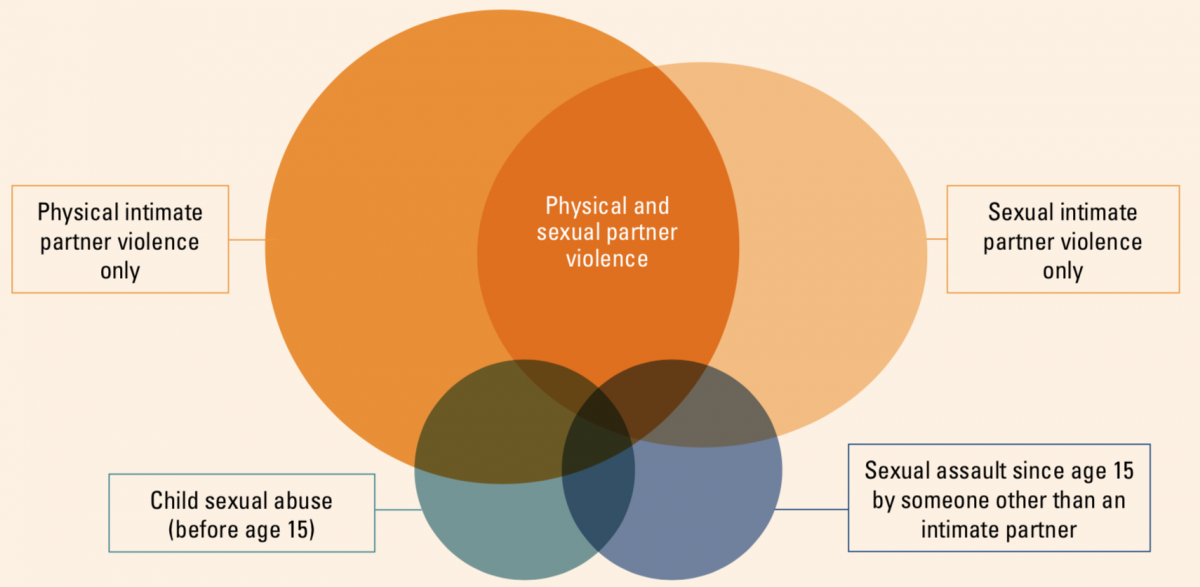An RCT of Maisha, a violence prevention intervention delivered to women participating in a group-based microfinance scheme, found that IPV is preventable in high-risk settings such as Tanzania.
A cluster randomised controlled trial to assess the impact on intimate partner violence of a 10-session participatory social empowerment intervention for women in Tanzania (MAISHA CRT02): Study protocol
Violence against women is a global public health problem. Worldwide, almost one third (30%) of women who have been in a relationship have experienced physical and/or sexual violence from an intimate partner. As well as being a human rights abuse, the negative short- and long-term impacts on women’s physical and mental health are considerable. There is an urgent need for rigorous evidence on violence prevention interventions.
Stories of change: We have come out of our boxes so we are free
“We didn’t know that we were in small boxes… we were taught and then understood, and we have come out of our boxes… So we are free”
Stories of Change share the powerful and personal stories of how STRIVE has had an impact on individuals, families and communities through our interventions and research.
Impact case study: Samvedana Plus – Tackling violence against sex workers in north Karnataka, India
Female sex workers in north Karnataka are vulnerable to both HIV infection and intimate partner violence (IPV). However, as a group, they have often been left out of interventions meant to address IPV against women in general. For the Samvedana Plus study, aimed at reducing IPV among sex workers, the strategic goal for impact was “to inform future intervention design and policy to address IPV against female sex workers, both in itself and as a driver of HIV risk”.
Impact case study: MAISHA - set to reduce violence against women in Tanzania
The MAISHA study has raised interest among communities in Mwanza, where the study was conducted, and more widely across Tanzania. Over the course of the study process, the MAISHA team from the Mwanza Intervention Trials Unit (MITU) and the National Institute for Medical Research (NIMR) have achieved three key aspects of impact:
Technical brief: HIV risk and violence against women and girls
HIV and violence constitute twin and often interconnected epidemics. Growing evidence shows that many forms of intimate partner violence – physical, sexual and psychological – increase susceptibility to HIV and disease progression in women and girls.

Stories of Change: Love isn't expressed through violence
Stories of Change share the powerful and personal stories of how STRIVE has had an impact on individuals, families and communities through our interventions and research.

This story is about Yellavva, a sex worker from Karnataka, India. Yellavva participated in an intervention to reduce violence and increase condom use in the intimate partnerships of female sex workers.
MAISHA - set to reduce violence against women in Tanzania
Read the full impact case study here
The MAISHA study has raised interest among communities in Mwanza, where the study was conducted, and more widely acrossTanzania. Over the course of the study process, the MAISHA team from the Mwanza InterventionTrials Unit (MITU) and the National Institute for Medical Research (NIMR) have achieved three key aspects of impact:
Samvedana Plus – Tackling violence against sex workers in north Karnataka, India
Findings from Samvedana Plus: A multi-level intervention to increase condom use and reduce violence among sex workers in Karnataka
Download a PDF of the presentation here
Little attention has been given to the issue of intimate partner violence (IPV) in the lives of sex workers. Samvedana Plus is a multi-level intervention working with female sex workers, their intimate partners and communities to reduce IPV and increase condom use within intimate relationships of sex workers in Northern Karnataka, India.



